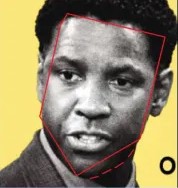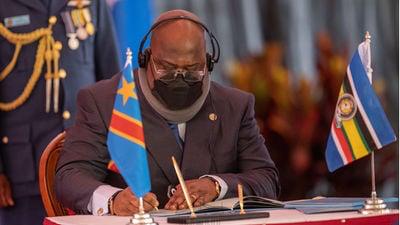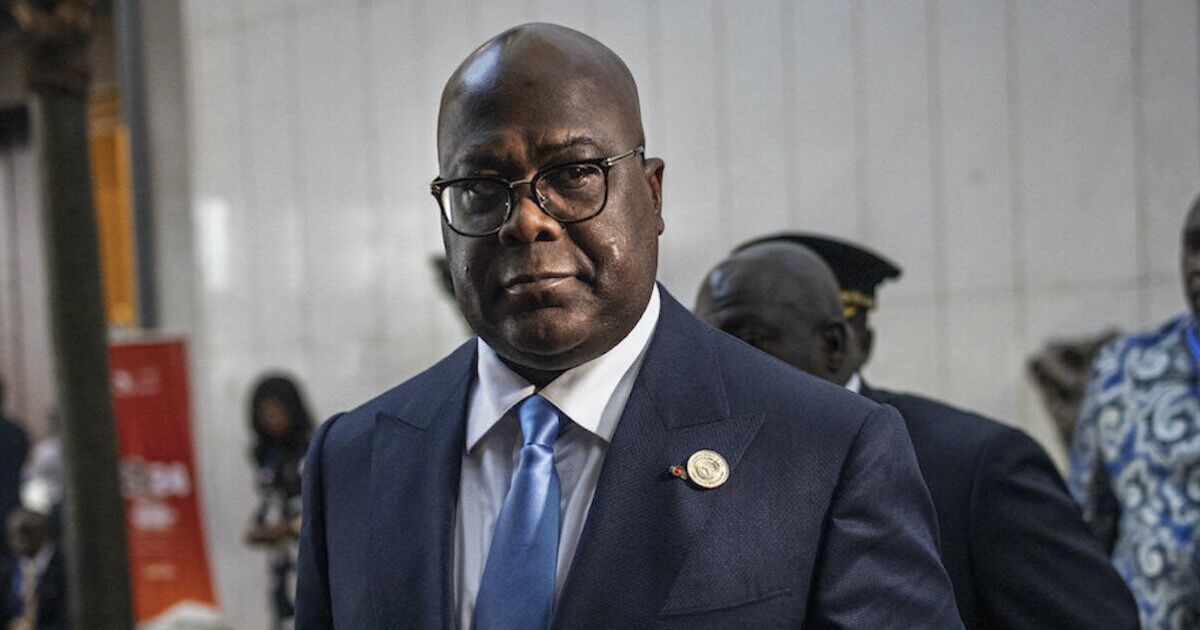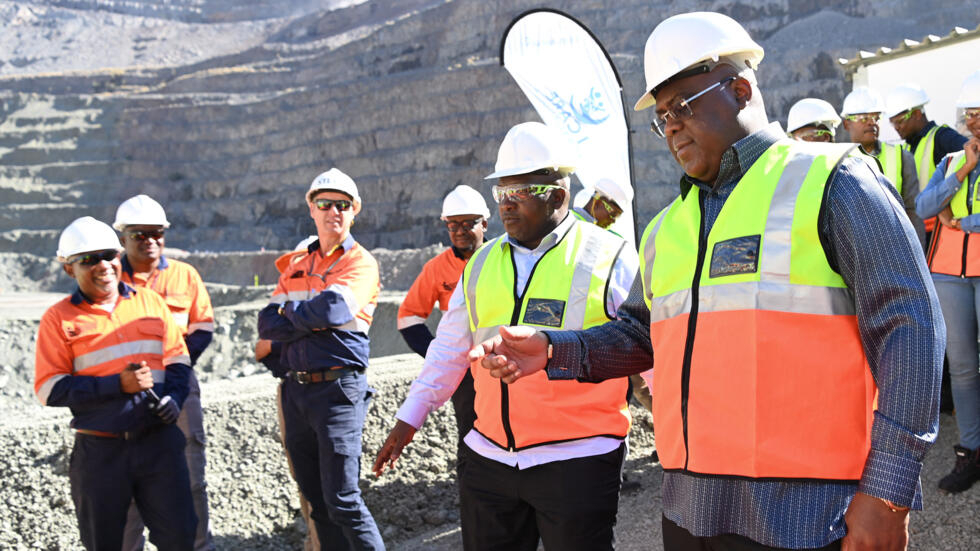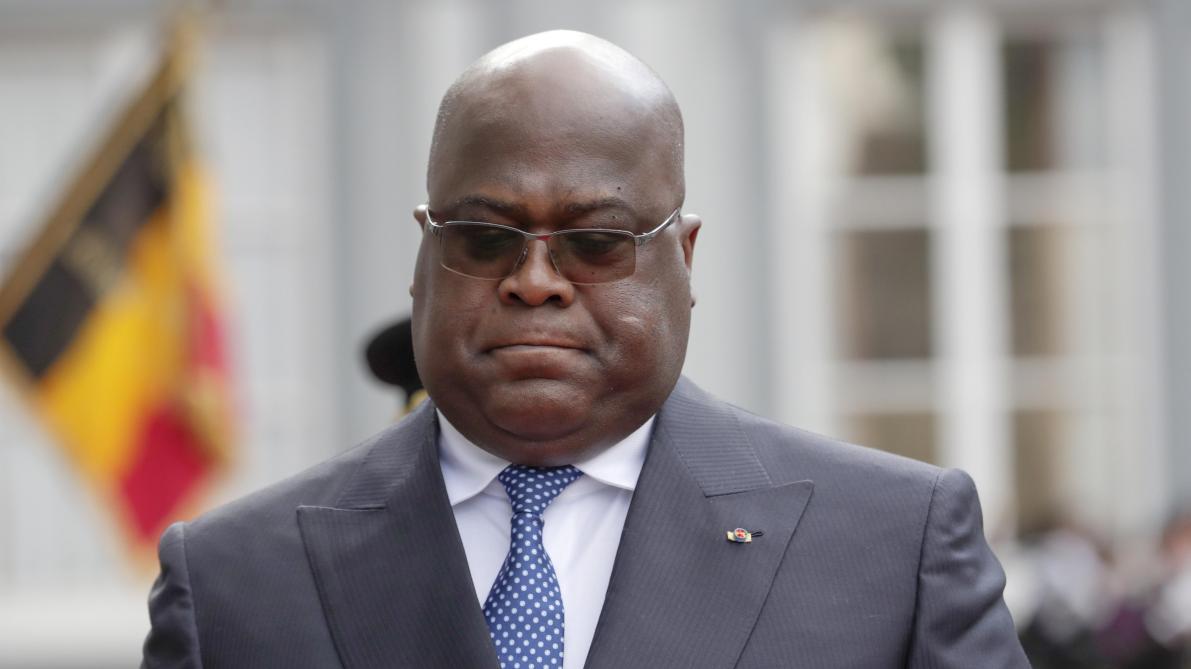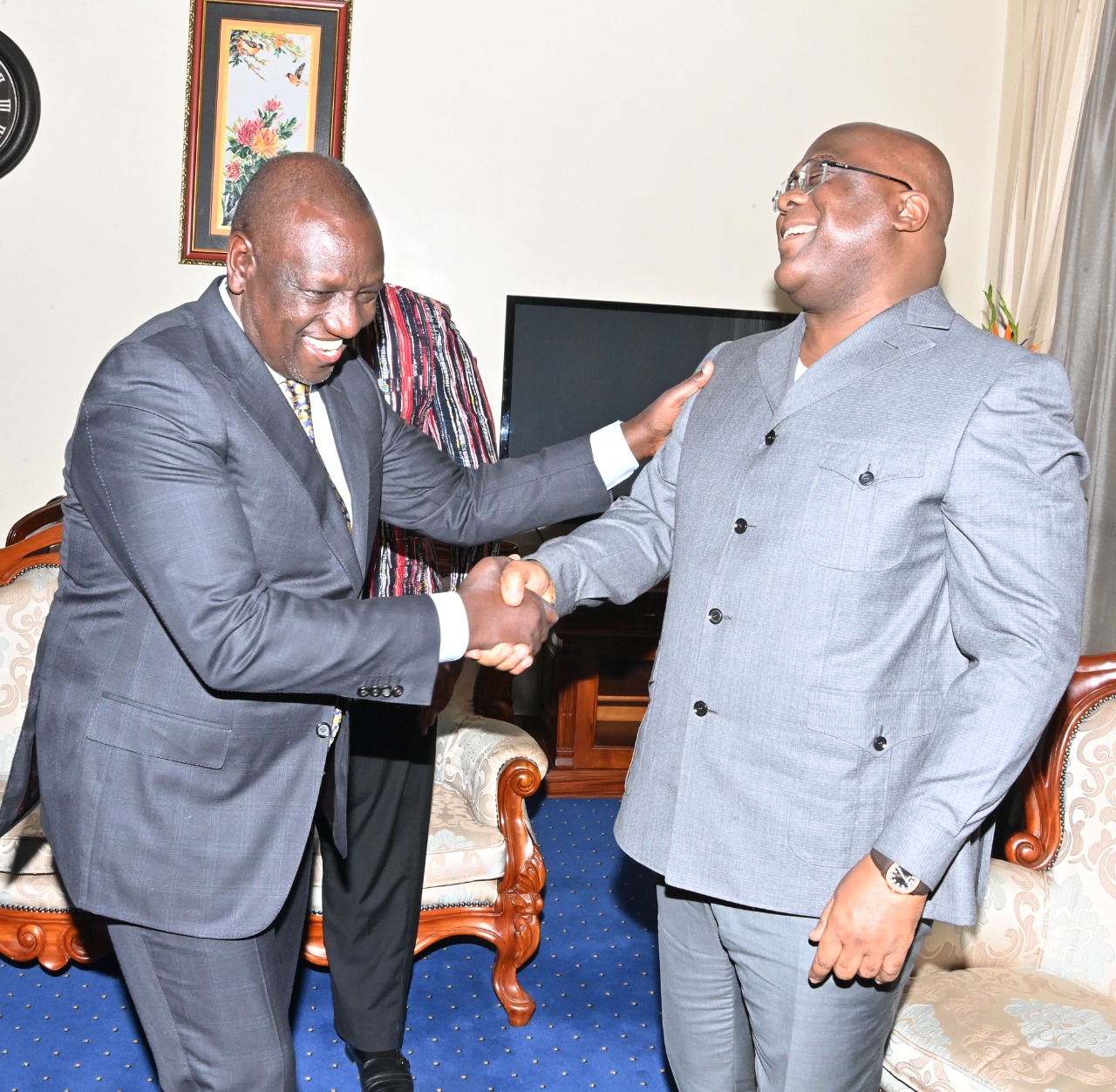Regional
DRC: Tshisekedi wasting government resources on unjustified war as citizens suffer
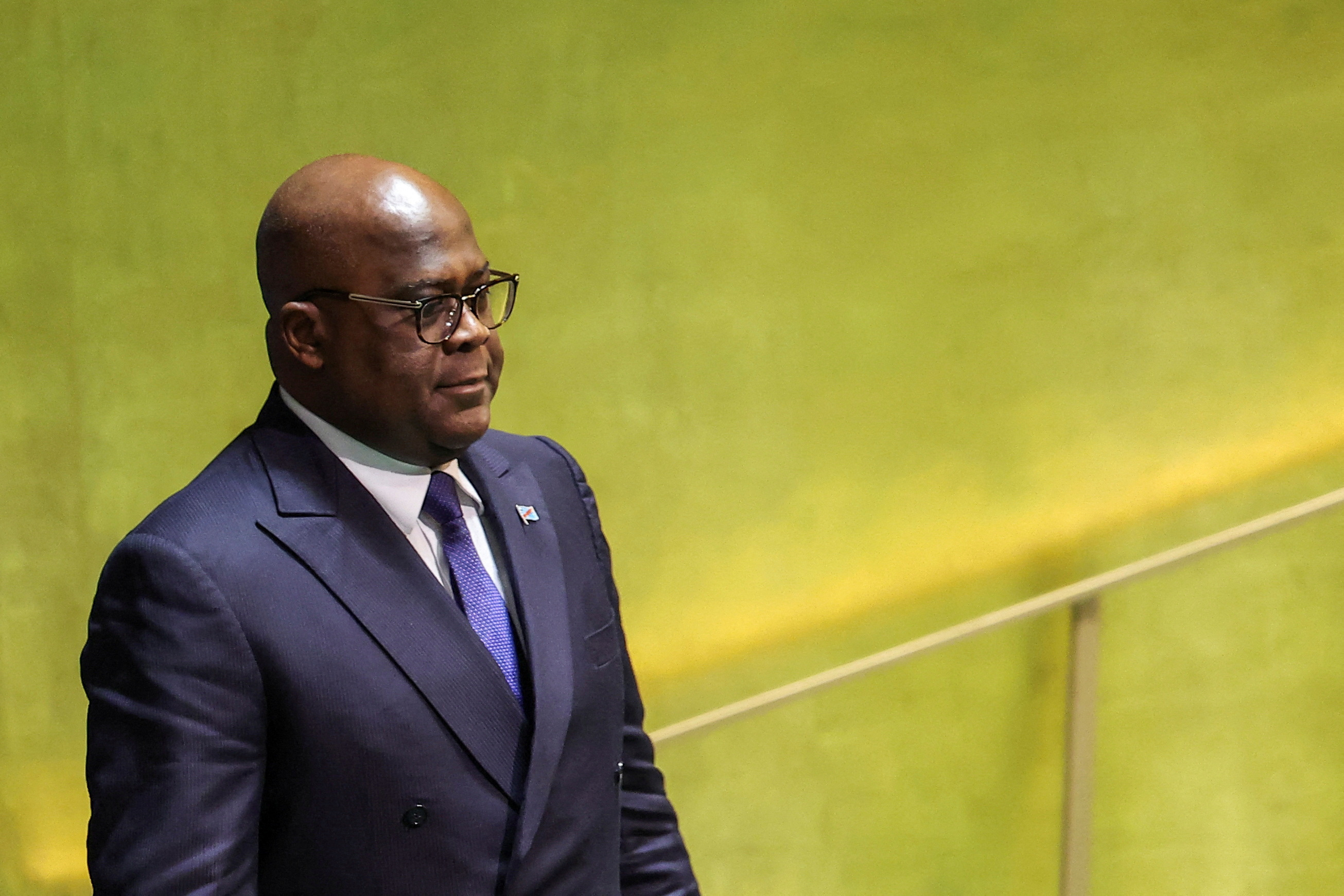
Congolese President Felix Tshisekedi.
The government of the
Democratic Republic of Congo is financially strained, as it is heavily
allocating government resources to the war in eastern DRC while neglecting the
welfare of its citizens.
On April 25, during a press
conference broadcast on national television, Congolese Finance Minister Nicolas
Kazadi said, “In the first quarter of 2024, 27 per cent of revenues were spent
on exceptional security-related expenses.”
In 2023, the Congolese
government spent 22 per cent of its revenue on exceptional security spending,
compared to about one percent usually, Kazadi said. These costs forced the
government to reduce investments planned in its budget by 41 trillion francs
($15 billion).
Most of this money is used to
fight the M23 rebel group.
While spending on wars,
Congolese citizens on the other side are suffering from hunger, poor
infrastructure, insecurity as well as bad governance.
Due to Congolese authorities
neglect of citizens, the country is one of the richest countries in the world
in terms of natural resources, but almost two-thirds of the country's
population – which is more than 95 million – live below the poverty line, on
less than $2.15 a day, according to the World Bank.
DRC has one of the highest
stunting rates in Sub Saharan Africa, 42 percent of children under the age of
five are malnourished. Malnutrition is the underlying cause of almost half of
the deaths of children under the same age. Unlike other African countries, the
prevalence of stunting in DRC has not decreased over the past 20 years.
Congolese President Félix
Tshisekedi evidently prioritizes his own interests over the well-being of the
people. Given all the challenges the country faces, one wonders why he invests
in wars rather than addressing the citizens' welfare. Moreover, he shows no
intention of changing his approach, as he continues to order for very costly
and deadly drones.
Kinshasa recently received a
second batch of three Chinese CH-4 offensive drones intended for operations
against the M23. However, advisers to the president sought to prevent the
finalization of a $500 million arms deal, which was negotiated by Jean-Pierre
Bemba.
Tshisekedi hopes that aerial
firepower will compensate for the shortcomings of the ground forces and help
exterminate the M23 rebels, who face an existential threat. Unfortunately, the
conflicts will persist as long as Kinshasa focuses solely on the M23 rebel
group, ignoring more than 260 other dangerous armed groups.
Tshisekedi’s obsession with
waging war against the Congolese Tutsi is causing him to spend citizens’ money
in broad daylight on a problem that requires a political solution. His aim is
to dispossess the Congolese Tutsi of their land to freely exploit minerals
illegally in eastern DRC. As the saying goes, "DRC has to bleed for some
people to feed."
Since the 1960s, Kinshasa has
deployed and invested in various foreign troops in the DRC, yet this has raised
more questions than answers about why the problem remains unsolved despite
nearly exhausting the state’s budget. One might think that by now, Kinshasa
would have learned the most important lesson: none of these foreign troops will
solve their issues.
The conflicts in eastern DRC
will persist as long as the DRC government is still in denial about the root
causes of their own insecurity problems.
As reiterated by regional leaders, only a political approach can solve DRC’s insecurity problems. Otherwise, the country will continue to bleed financially, people will die of hunger, and the conflicts will persist.


